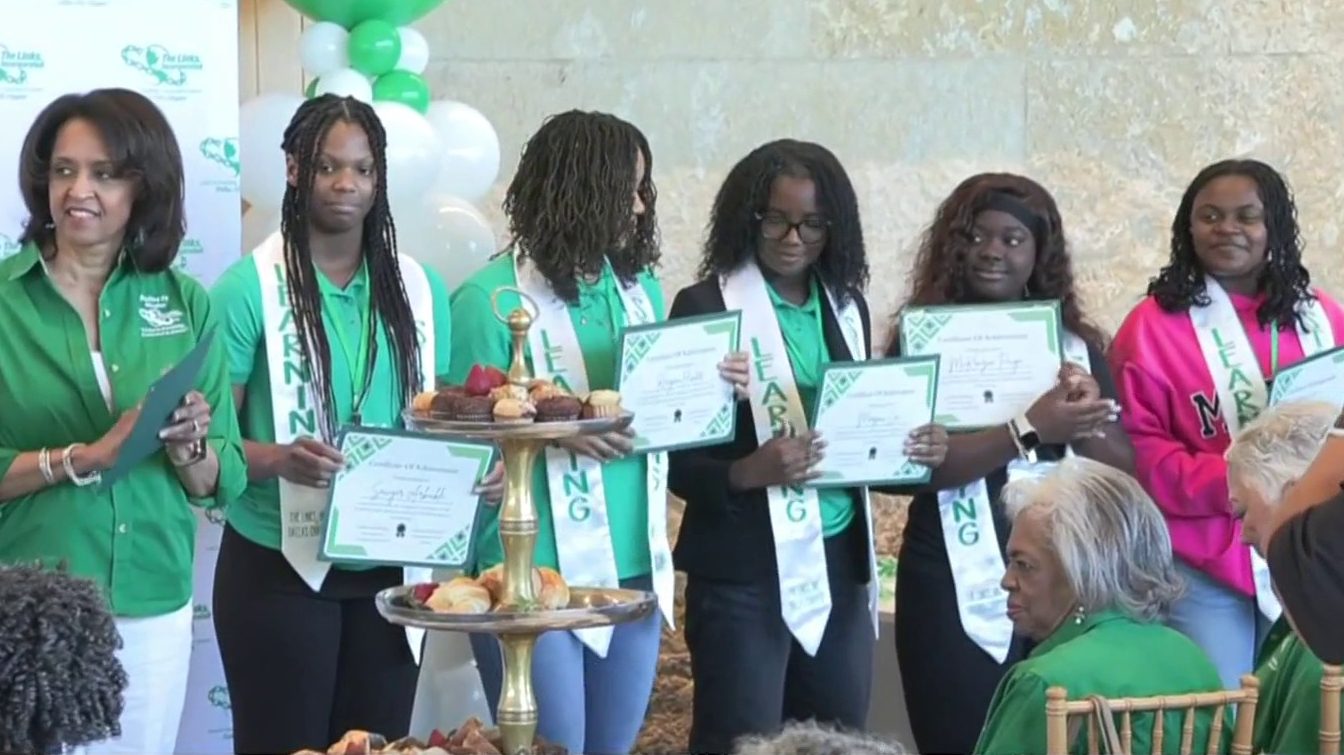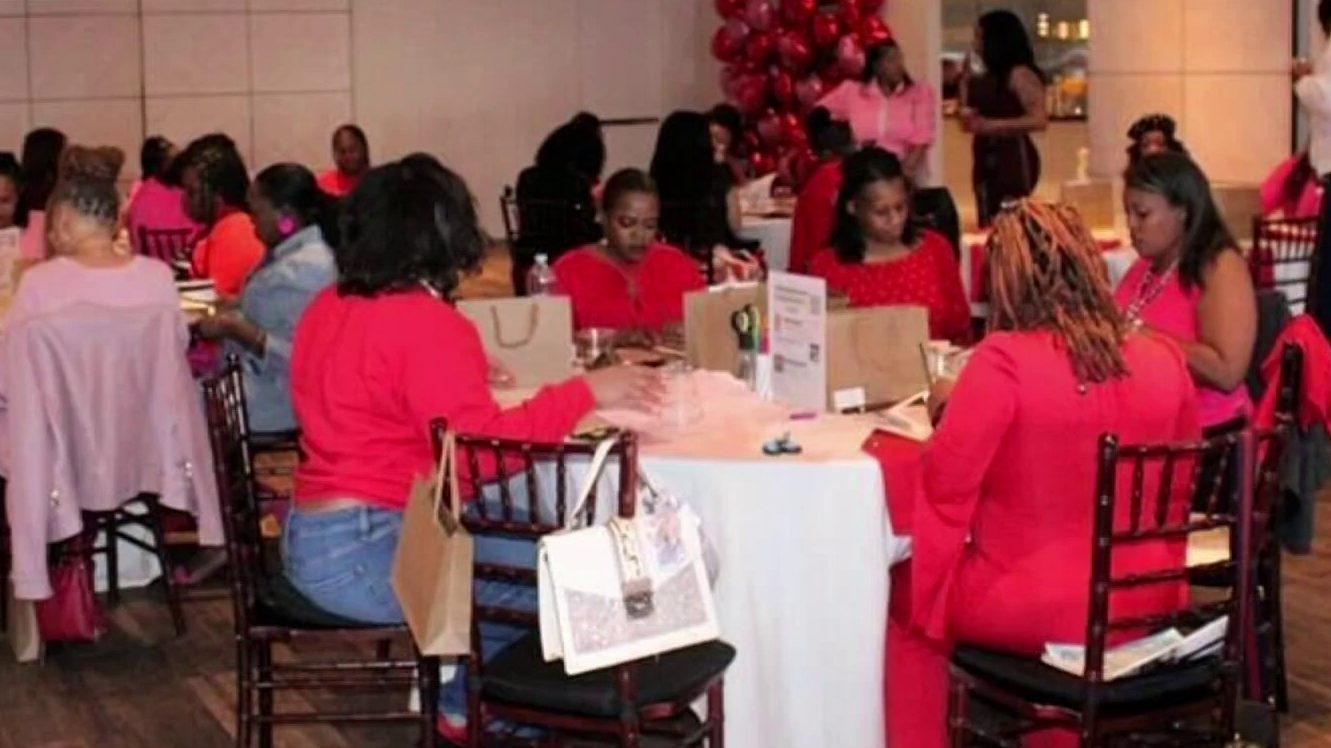An initiative called the Neighborhood Defense Project launched an effort Tuesday to ensure South Dallas neighborhoods help shape the city’s comprehensive plan for future development and address systemic racism.
Activists from Southern Sector Rising, the Inclusive Communities Project and environmental group Downwinders at Risk are partnering to weigh in on the city's forwardDallas! comprehensive plan update – a document that outlines the city’s vision for future development.
“When we say Black Lives Matter, it is the right, the ability to live, not just to survive, but to thrive and to flourish," said Friendship West Baptist Church Justice Pastor Danielle Ayers. "You can’t do that when you are drinking contaminated water and breathing in foul air."
Ayers said race-neutral solutions won’t be enough to address systemic racism.
“It’s about acknowledging the ugliness of it and then correcting it. Sometimes it may not be reform, it may be tear that down and restructure your whole zoning ordinances and policies that you have in place,” she said.
The recent battle over what’s known as Shingle Mountain underscores the uphill battle some residents face when attempting to address environmental and quality of life concerns.
Marsha Jackson lives near the roofing material recycling facility in Dallas. The courts agreed the pile needs to go, but Jackson still lives within feet of Shingle Mountain.
Local
The latest news from around North Texas.
“When they first came here January of 2018, I started calling, submitting 311 calls and nothing was being done,” she said. “I have been doing this since January 2018. Here it is June 2020, it is still here.”
Jackson has lived on the property for 25 years.
“I don’t want that to happen to anybody,” she said.
“We don’t have to react to crises that emerge. We can actually think ahead and plan ahead and advocate for a balanced plan, a logical way to do development that distributes the challenge and the burden of pollution,” said Dr. Chris Dowdy, vice president of academic affairs at Paul Quinn College.
Dowdy said neighborhoods need to be at the table to outline future development for the whole city and determine how the land will be valued and used.
“If you don’t answer those questions, then somebody else answers them,” Dowdy said.
Dowdy pointed to a study completed earlier this year that mapped out levels of three major air pollutants and determined some neighborhoods had higher concentrations of heavy air polluters close to residential land use areas, including Joppa, West Dallas and Floral Farms.
“It ends up being distributed unevenly and in a way that really punishes Black and brown neighborhoods and poor neighborhoods,” Dowdy said.
“That won’t change unless the zoning changes or if enforcement changes. There is a lot of work that needs to be done, but truly addressing the zoning is the first step,” said Evelyn Mayo, chair of environmental activist group Downwinders at Risk and an adjunct professor at Paul Quinn College.
The virtual Neighborhood Self-Defense Project town hall begins at 6 p.m. Tuesday. The town hall will be held on Zoom.



